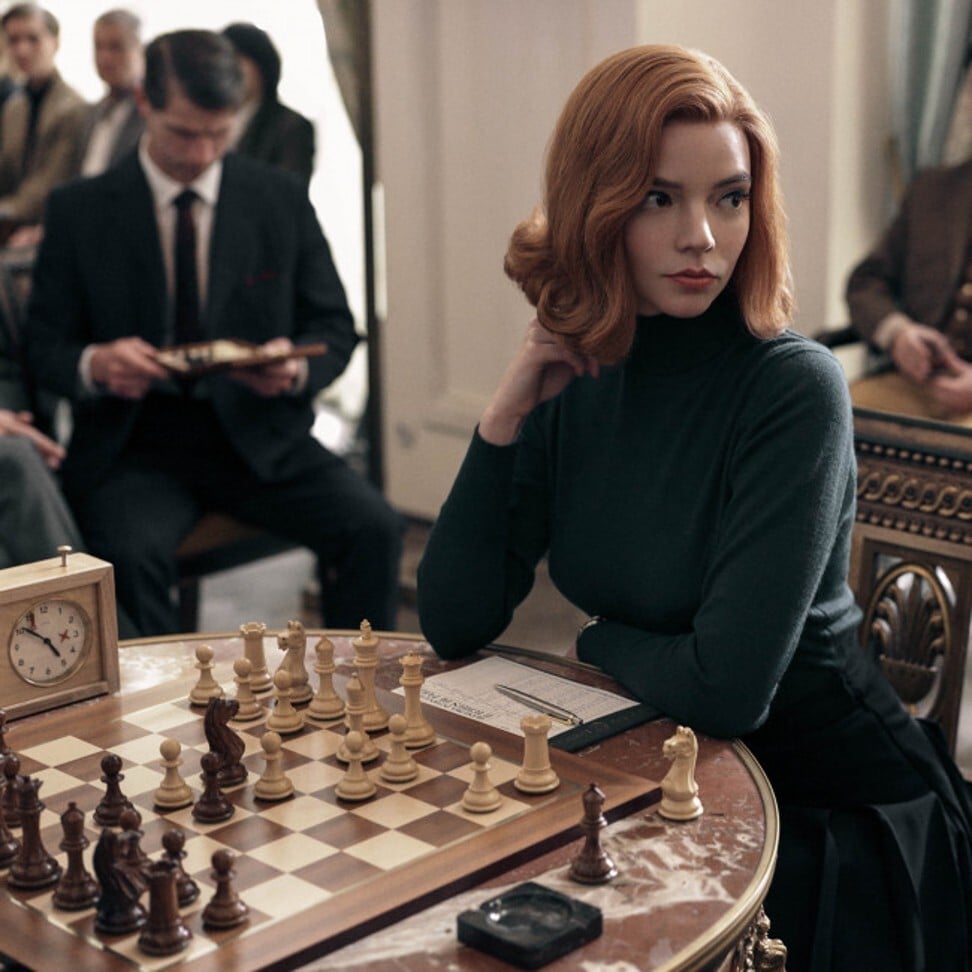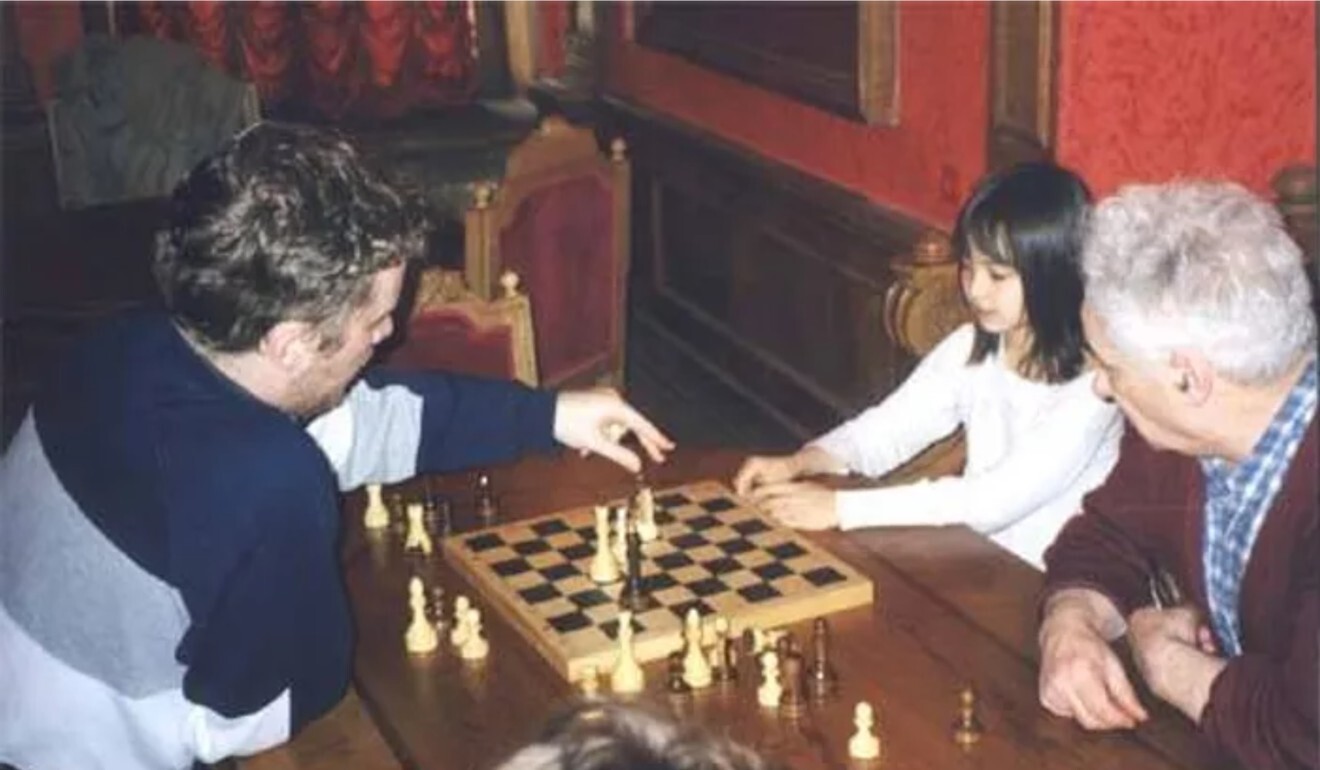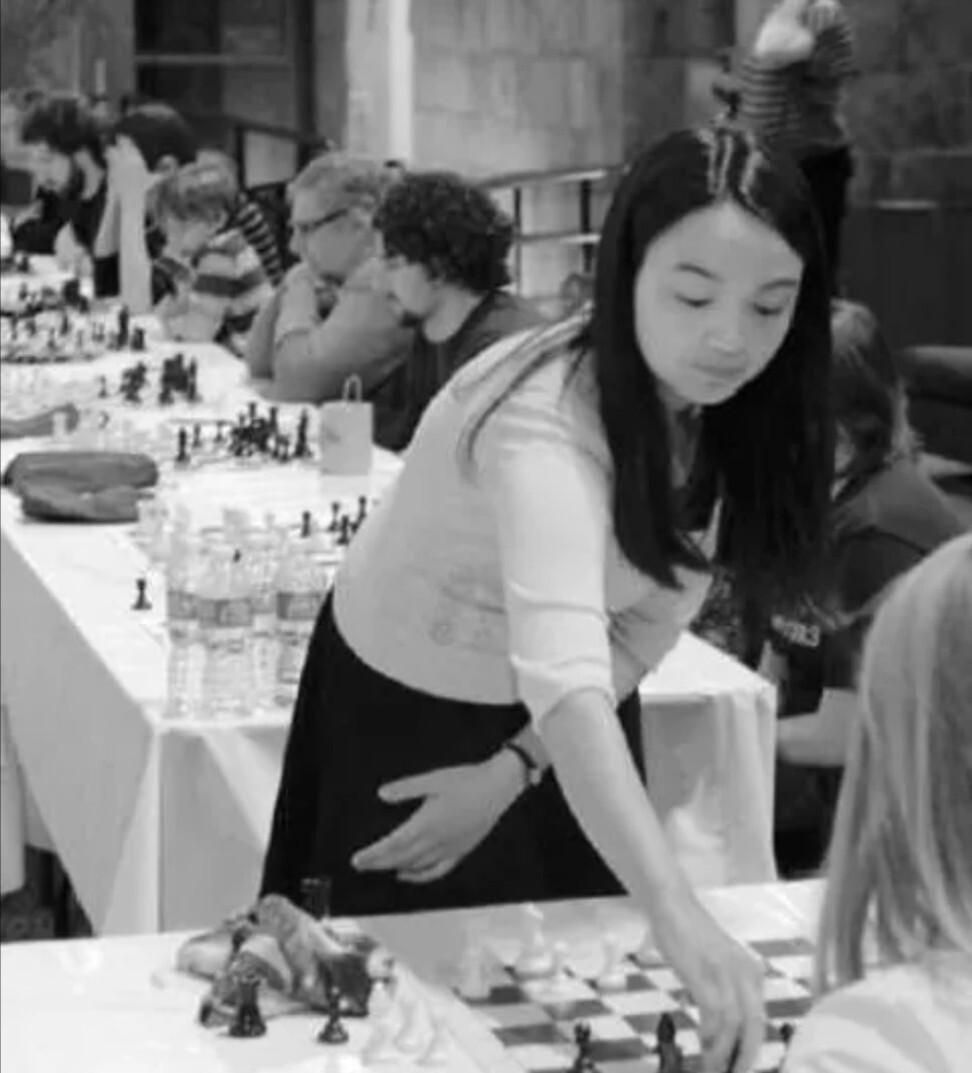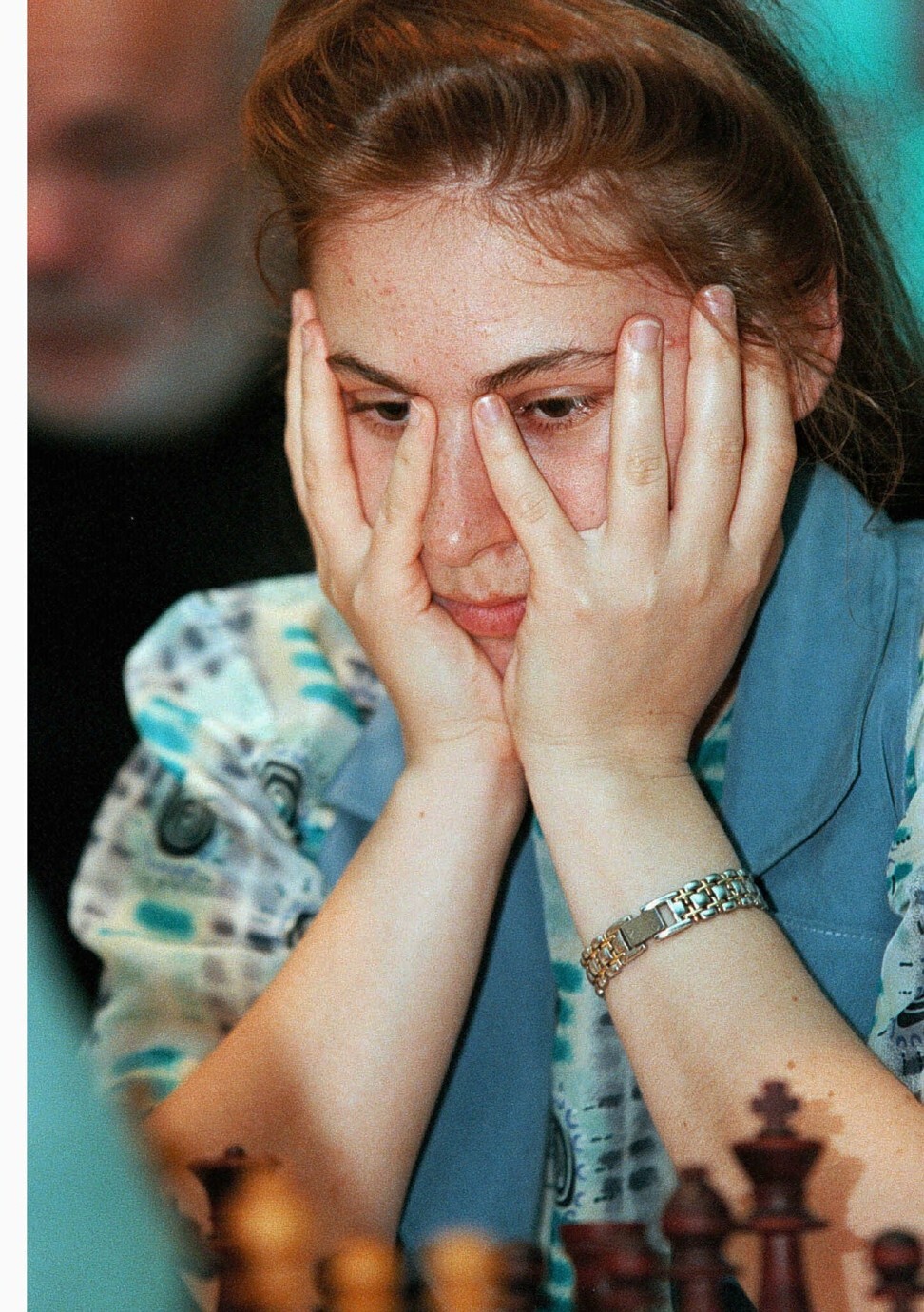
The Queen’s Gambit: Hong Kong-raised grandmaster Anya Corke Allen hopes show can inspire more women to play chess
- Like fictional character Beth Harmon, Anya Corke Allen learned chess at a young age, beat older men and went to Russia
- ‘I spent more time playing chess with old men than socialising with people my own age,’ says the Yale Law School JD candidate
They are both named “Anya”. One is an American actor who portrays a young chess prodigy in the hit Netflix series The Queen’s Gambit, in which her character plays against and beats older men, and eventually travels to Russia.
The other is a Hong Kong-raised, real-life child chess prodigy who also played against and beat older men and travelled to Russia – embracing its language and culture.
Anya Corke Allen, though, is no real-life Beth Harmon, played by Anya Taylor-Joy. Their childhoods cannot be more different but Allen can relate to some aspects of the fictional Harmon’s life, particularly the feelings of alienation when playing in tournaments against men – some of whom resented her presence.
“I started playing chess at the age of nine, and I won my first ‘open’ championship at the age of 13, so those aspects of Beth’s story resonate with me,” said Corke Allen, a grandmaster at 14 who was born in California and grew up in Hong Kong, winning four Hong Kong Championship titles between 2004 and 2008.
“I also had the opportunity to travel to chess competitions in Russia at a young age, leading to a lifelong fascination with the Russian language and culture, so I particularly enjoyed the final scenes set in Moscow.
“Moreover, I relate to being the odd one out in a male-dominated space. Many of the men I encountered were gracious and sportsmanlike, but I was also often underestimated, and I’ve dealt with my fair share of shocked and irate male opponents who were more upset about losing to a girl than about the loss itself.

“I have to say, it is surreal to see the viral moment that chess is having right now, and I hope that the success of The Queen’s Gambit helps to popularise the game, especially for young girls,” added Corke Allen, the youngest-ever US-born female grandmaster who has also represented England in international competitions.
Corke Allen discovered chess by accident. Bored at home, she started rummaging through the contents of a cupboard and among board games such as draughts, backgammon and Connect 4 she found a dusty old chess set.
“Something about the shape of the wooden pieces piqued my interest,” said the 30-year-old Corke Allen. “I asked my dad to teach me how to play and began playing matches with my mum. About a month later, I saw a flier for the school chess club and immediately signed up, and things snowballed quickly from there.”

Like Harmon, Corke Allen was a natural, though she did not play imaginary games on her bedroom ceiling. She would win every game at her Kennedy Primary School chess club in Hong Kong and triumphed in age-group competitions.
Her parents supported her chess endeavours and with her father, an enthusiastic amateur player in his youth, they would play and study chess books together. A student from West Island Secondary School visited her chess club and saw her potential. He gave her lessons, which she said speeded up her progress, and soon she was competing in international tournaments and training with professional players in Russia and Eastern Europe.
The game became Corke Allen’s life and while other teenagers enjoyed a party lifestyle, she dedicated herself to the 64 squares on the chess board. Like Harmon, Allan missed a lot of school but continued her academic education on the road through self-study.

“Chess competitions are long, gruelling, and require extensive travel,” said Corke Allen, who returned to the US in 2009 and switched her focus to academics – graduating in 2013 from Wellesley College with a BA in Russian and Philosophy and four years later earning a master’s from Yale University in Slavic languages and literature.
“My only knowledge of ‘normal’ teenage milestones, parties and proms and such, comes from watching high school movies,” she said. “I spent more time playing chess with old men than socialising with people my own age. But it didn’t feel like a sacrifice at the time, because I believed the trade-off was worth it.
“I don’t regret my decision looking back. It was an incredible opportunity to travel, experience different cultures, and meet a lot of interesting people. Chess also led indirectly to my other passions and pursuits, such as the study of Russian culture and literature, and those formative years I spent as a chess player continue to influence my world view in ways big and small.

“Nonetheless, by the time I got to university, I made the conscious decision not to pursue a professional chess career. I think The Queen’s Gambit accurately depicts the fact that world-class players must pursue chess with a single-minded focus and intensity.
“Despite my love for the game, I do not share Beth’s level of obsession; chess will always be part of my identity, but it is only one of many interests I wish to explore throughout my life,” added Corke Allen, who teaches the game in-person and online and is a JD candidate at Yale Law School.
Allen’s chess hero is Hungarian pioneer Judit Polgár, considered the best female player of all time who she describes as the “real-life Beth Harmon” – “She smashed every gender barrier to compete in the very highest echelons of chess.”

Polgár opened the door for women to become part of the global chess culture and Corke Allen hopes more young girls will take up the game.
“Most of the time, I was so absorbed in chess that I did not pay attention to the gender of my teammates or of the person sitting across the board from me,” she said. “The game is a great equaliser in that respect. It doesn’t matter if you are a 13-year-old girl or a 70-year-old man, it just matters how well you can play.
“Off the board, the dynamics of the chess world can be hostile to women and girls, but the 64 squares provide logic, clarity, and a respite from the noise.”

